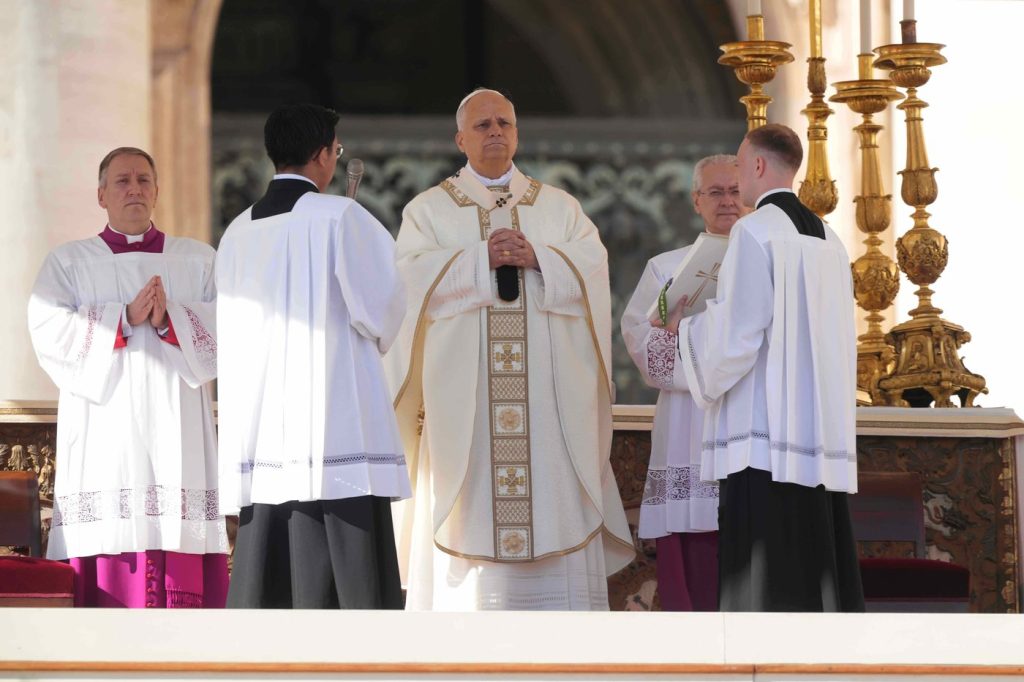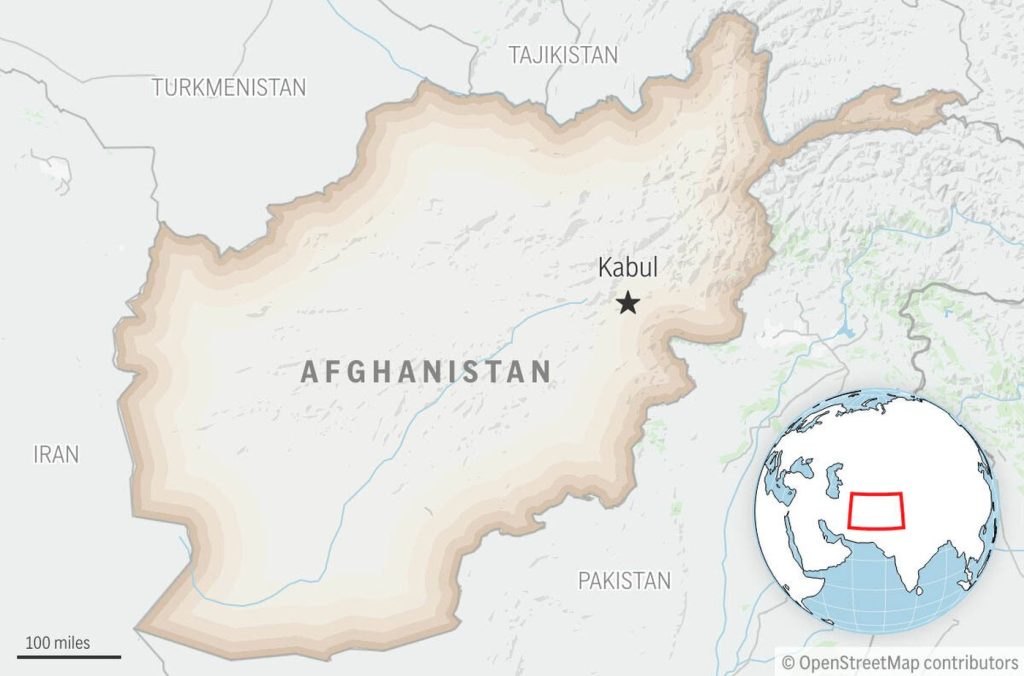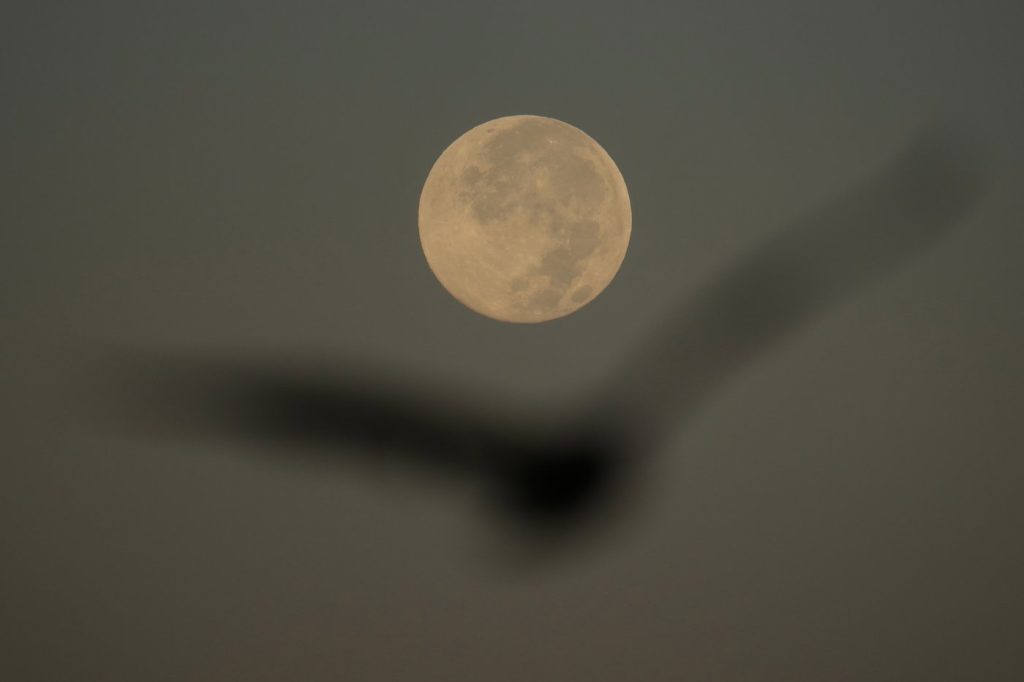VATICAN CITY (AP) – On Saturday, Pope Leo XIV honored St. John Henry Newman by declaring him a doctor of the Church during a special Holy Year Mass dedicated to Catholic teachers and students. This prestigious title has been awarded to only 37 individuals throughout the 2,000-year history of the Catholic Church, placing Newman alongside significant Christian figures such as St. Augustine, St. Therese of Lisieux, and St. John of the Cross.
Newman's universal appeal and profound contributions to the understanding of the Christian faith have made him a figure of reverence across both the Anglican and Catholic churches. A theologian and poet raised in the Church of England, Newman is best known for his writings on the development of doctrine, truth, and the role of a university. His courageous decision in 1845 to convert to Catholicism, despite facing personal losses, earned him admiration from both conservative and progressive factions within the Church.
Pope Leo XIV proclaimed Newman a church doctor and a co-patron of Catholic education, alongside St. Thomas Aquinas, during the Mass. The recognition is particularly poignant as it echoes the legacy of Pope Leo XIII, who made Newman a cardinal following his conversion, and also declared Aquinas a doctor of the Church and patron of Catholic education.
The papal emphasis on Newman as a model for Catholic educators indicates a future priority for the Church in promoting Catholic teaching. This is especially pertinent as Pope Leo XIV highlights the ethical use of artificial intelligence for future generations. This week, he released a document calling upon Catholic schools to foster spiritual growth while ensuring that technology respects human dignity.
In his homily, Pope Leo quoted from Newman's famous hymn "Lead, Kindly Light" to inspire Catholic educators to "shine like stars in the world" as they seek truth. He addressed the essence of education, stating that it is to provide this "Kindly Light" to those imprisoned by pessimism and fear, thus calling for educators to shape individuals who can fully embrace their dignity.
The Catholic Church plays a significant role in global education, operating over 225,000 primary and secondary schools and enrolling approximately 2.5 million students at its universities, according to Vatican records. Pope Leo XIV himself was educated by the Augustinians, taught mathematics and physics, and is a member of the Augustinian religious order, which emphasizes the search for truth as articulated in St. Augustine's command "Tolle, lege," meaning "Take up and read."
Rev. George Bowen, who supervised Newman’s canonization and designation as a doctor, remarked that Newman faced a 19th-century challenge akin to today’s information age, characterized by the proliferation of cheap periodicals and increased literacy rates. He insisted on the importance of a holistic liberal education that encompasses Catholic theology while promoting relational interactions between students and teachers in the pursuit of knowledge and truth.
Upon converting from the Church of England to the Catholic Church in 1845, Newman sacrificed friendships, employment, and family connections, driven by the belief that true faith could only be found within Catholicism. Surprisingly, he remains a cherished figure within the Church of England, exemplified when hymns of his were sung at a recent ecumenical service in the Sistine Chapel, where King Charles III prayed alongside Pope Leo XIV.
Many notable Anglican leaders expressed support for Newman’s designation as a church doctor, and the Archbishop of York participated in the service marking this occasion. The hymn "Lead, Kindly Light" continues to be a vital component of Anglican services, highlighting Newman’s ecumenical significance. Paul Shrimpton, a leading Newman scholar at Magdalen College, Oxford, noted the remarkable consistency in each recent pope’s promotion of Newman, indicating his wide-ranging appeal across different theological perspectives.
Pope St. John Paul II declared Newman venerable in 1991, a crucial step toward sainthood; Pope Benedict XVI beatified him in 2010; Pope Francis canonized him in 2019, and now Pope Leo XIV has recognized him as a doctor of the Church. According to Shrimpton, this rapid advancement through canonization processes underscores Newman’s integral role in the universal teaching of the Church, resonating with individuals across the spectrum of progressive and conservative beliefs.












